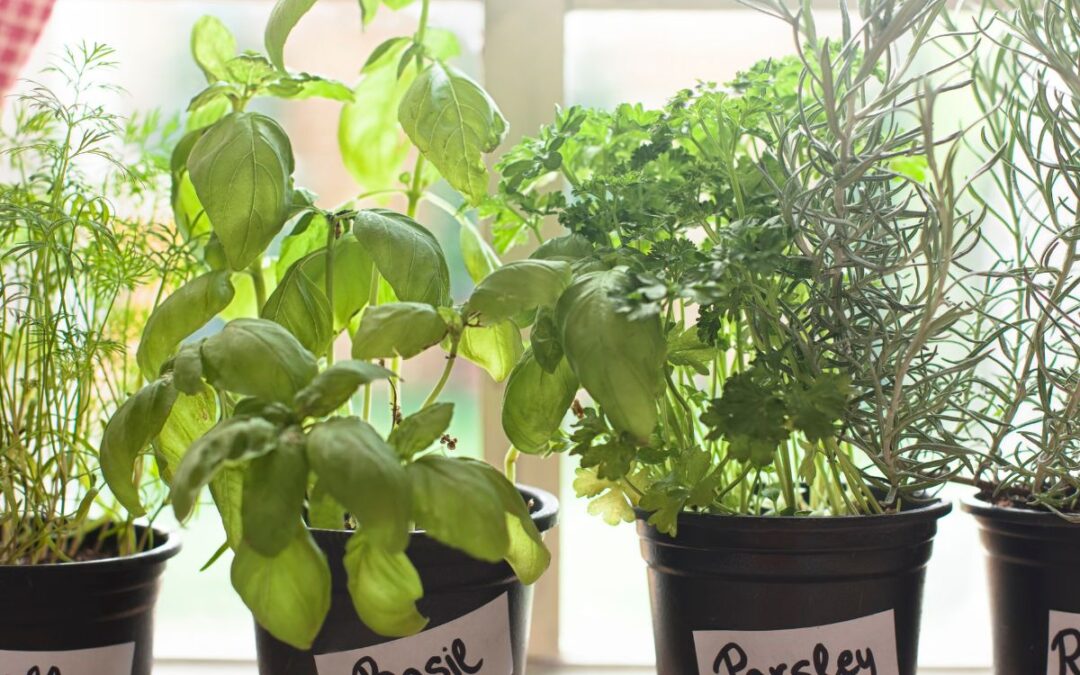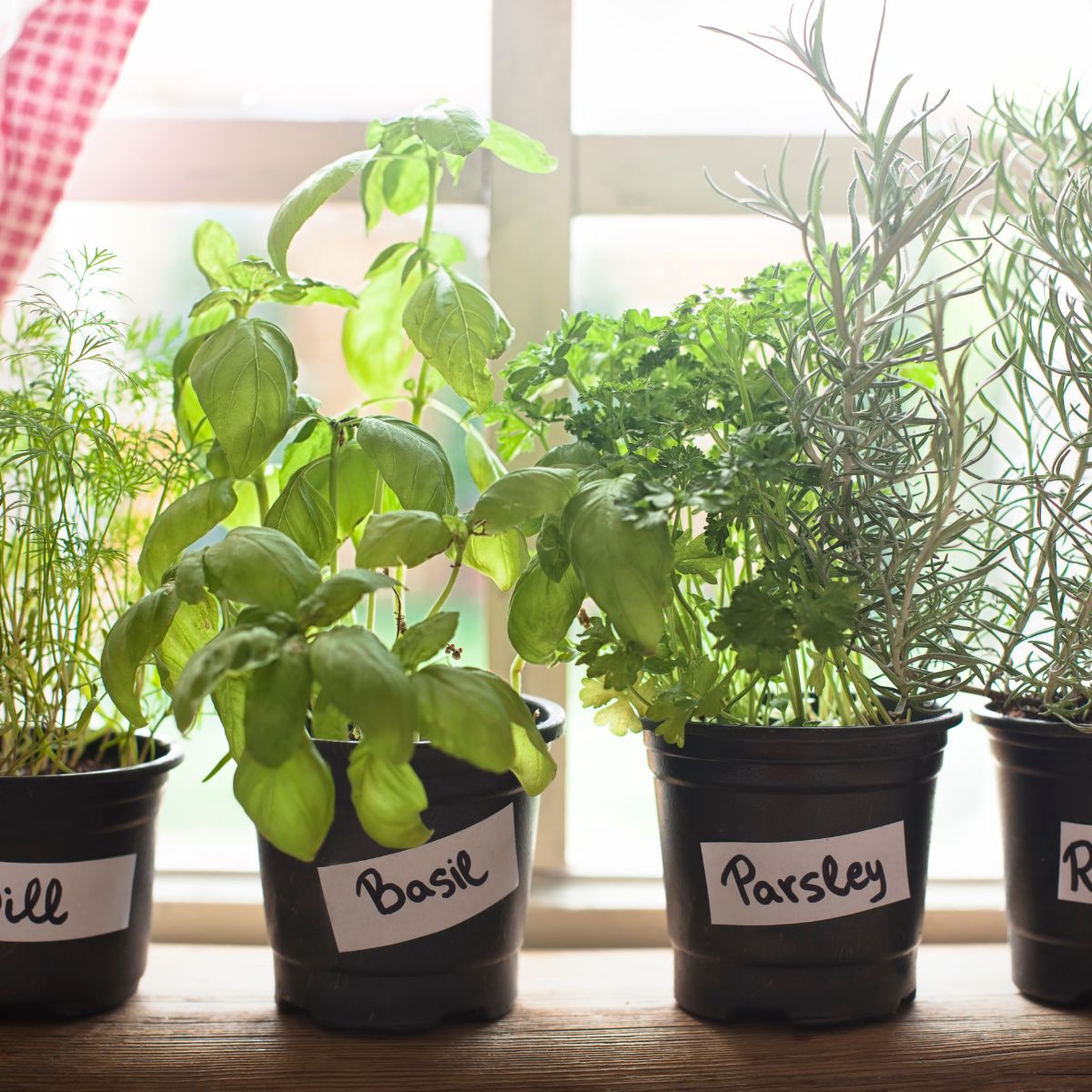Herbs from Sunrise to Sunset
As many of us settle into September and back to the daily routine of life following holidays and a relaxed summer, this is often the time of year that we look to creating a new healthy routine. I loved the idea recently that Dr Viv Rolfe spoke about during the NCIM herbal teas webinar – using herbs from sunrise to sunset as part of your daily health routine.
Western herbal medicine is one of the approaches taught in the 2 year NCIM master’s Diploma in Integrative Healthcare for healthcare practitioners. Whilst there is growing public interest in herbal medicine driven by a desire often for more gentle remedies with less side effects than pharmaceuticals, often herbal medicine is seen as difficult to introduce for daily life – people don’t know where to start! There is often a knowledge gap within the general population as herbal medicine is often regarded as left of mainstream s and many people are often hesitant to talk to their doctor about how herbs can be used effectively. Within the healthcare industry too, many healthcare practitioners have very limited knowledge of herbs other than a general caution for herbs such as St John’s Wort due to interaction with conventional medicines. Much more knowledge is needed on this subject both from healthcare practitioners and the general population!
So the idea of using herbs throughout the day, on a daily basis, and making this concept relatable and easy to implement really appeals to me. As a starting point, I always recommend people begin with herbal teas and cooking, bringing the power and simplicity of herbs in a gentle way to your daily life.
Sunrise: Energize and Awaken
The morning routine. We all have one and of course they vary wildly but for most of us the morning is about coming round from sleep, breaking our overnight fasts and slowly beginning to energise for a productive morning. The herbs we need therefore are for gentle waking, boosting energy, and promoting clarity. In this instance, some of the key herbs I would recommend might be:
Peppermint: For alertness and a fresh start. This is a cooling, aromatic nervine herb. Its method of action for alertness is attributed to its high menthol content, which stimulates the nervous system and can improve cognitive function. It also has a carminative effect, helping to soothe the stomach and aiding digestion, which can contribute to a feeling of being refreshed and ready to start the day after breakfast.
Green tea: A gentle boost with antioxidants to replace the black tea or coffee we so often rely on to give us a boost in the morning. Green tea is a stimulant and antioxidant-rich herb which does contain caffeine, so does provide a gentle energy boost, but also L-theanine, an amino acid that works synergistically with caffeine to promote a state of calm, focused alertness without the jittery side effects often associated with coffee. It’s also packed with powerful antioxidants called catechins. Matcha is a powdered form of green tea, offering a more concentrated dose of these compounds.
Lemon balm: To soothe and set a calm, focused tone for the day. Lemon balm is a gentle, uplifting nervine herb. Often used to “gladden the heart,” its method of action is linked to compounds that influence the GABA neurotransmitter system, which help to reduce anxiety and stress. While it is calming, it is not sedative; instead, it can help to quiet a racing mind and foster a sense of calm focus, which is an excellent way to start a day of work or study.
Midday: Focus and Digest
After lunchtime, many of us will experience the dreaded ‘slump’ which is when our bodies struggle to digest our midday meals, and as cortisol drops throughout the day meaning our energy levels do too. This can when we find it hard to concentrate, lack motivation and why often around 2-3pm people reach for the biscuit tin! To help navigate this sometimes inevitable slump, we need herbs for mental focus and to support digestion and energy after lunch.
Key herbs I would recommend:
Rosemary: Traditionally used to improve concentration and memory, rosemary is a circulatory stimulant and antioxidant-rich herb. Rosemary’s invigorating aroma, thanks to compounds like 1,8-cineole, is thought to stimulate the central nervous system, which can improve memory and alertness. Its antioxidant properties also help protect brain cells from damage, contributing to long-term cognitive health. Rosemary could be used as a tea after lunch, could be used culinary in your food as lunch or even in aromatherapy, using the smell in a diffuser to help with alertness.
Fennel: It’s a warming carminative herb, similar in action to ginger, and is traditionally used to aid digestion and reduce bloating and gas. Unlike many herbs that are primarily consumed as tea or used in cooking, fennel seeds can be eaten directly. Chewing on a few fennel seeds after a meal is a common practice in many cultures to help settle the stomach and freshen breath.
Chamomile: A gentle way to manage midday stress without causing drowsiness. A gentle sedative and nervine herb. Chamomile is well-known for its calming effects, which are primarily due to the flavonoid apigenin. Apigenin binds to specific receptors in the brain, helping to reduce anxiety and promote relaxation without causing significant drowsiness, making it perfect for a moment of calm during a busy day.
Sunset: Relax and Restore
At this point in the day we need herbs to help us with the evening wind-down. Herbs can be used here for calming the mind, relaxing the body, and preparing for sleep. Useful herbs I would recommend for this time of day would be:
Valerian Root: A classic for promoting deep relaxation. Valerian is a sedative nervine herb so wouldn’t necessarily be suited for earlier in the day. Valerian’s action is believed to be related to its ability to increase the availability of gamma-aminobutyric acid (GABA) in the brain. GABA is a neurotransmitter that helps regulate nerve impulses, and by increasing it, valerian can help reduce anxiety and promote a calm state, which is conducive to sleep. Valerian is often used in night-time tea blends for this reason.
Lavender: Known for its soothing aroma and calming properties. Lavender is a gentle nervine and aromatic herb. Lavender’s soothing properties are primarily due to its aromatic compounds, such as linalool and linalyl acetate. These compounds are believed to have a calming effect on the central nervous system when inhaled, helping to reduce stress, anxiety, and restlessness, making it a popular choice for promoting relaxation before bed. Again this could be used as a tea, or within aromatherapy, using the scent in a diffuser or even a few drops in a warm bath at night.
Passionflower: To ease anxiety and support the nervous system. Passion anxiolytic and sedative nervine. Passionflower is thought to act on the GABA system in a way similar to Valerian, helping to quiet an overactive mind and reduce anxiety. It’s often used to ease nervous restlessness and is particularly useful for those who find it difficult to fall asleep due to racing thoughts or worry. Again passionflower is a common ingredient in bedtime or sleep tea blends.
So there we have it, herbs from sunrise to sunset, to energise, focus and relax. Herbs are such a simple and accessible tool for daily health – I invite you all to try just one new herbal tea or herb in your cooking this week. For more about herbal tea please look back on our past blog: How Herbal Teas Can Benefit Your Health – NCIM – National Centre for Integrative Medicine or if you are a member check out the NCIM webinar we held in July: SIH – MEMBERSHIP – NCIM – National Centre for Integrative Medicine
Dr Elizabeth Thompson


